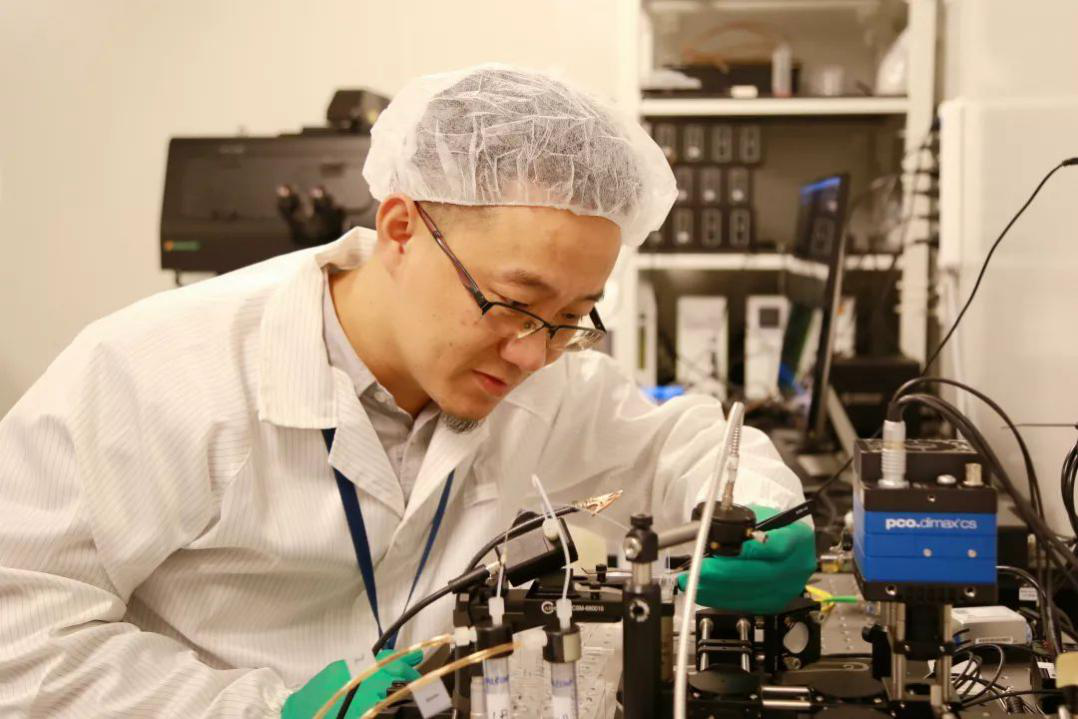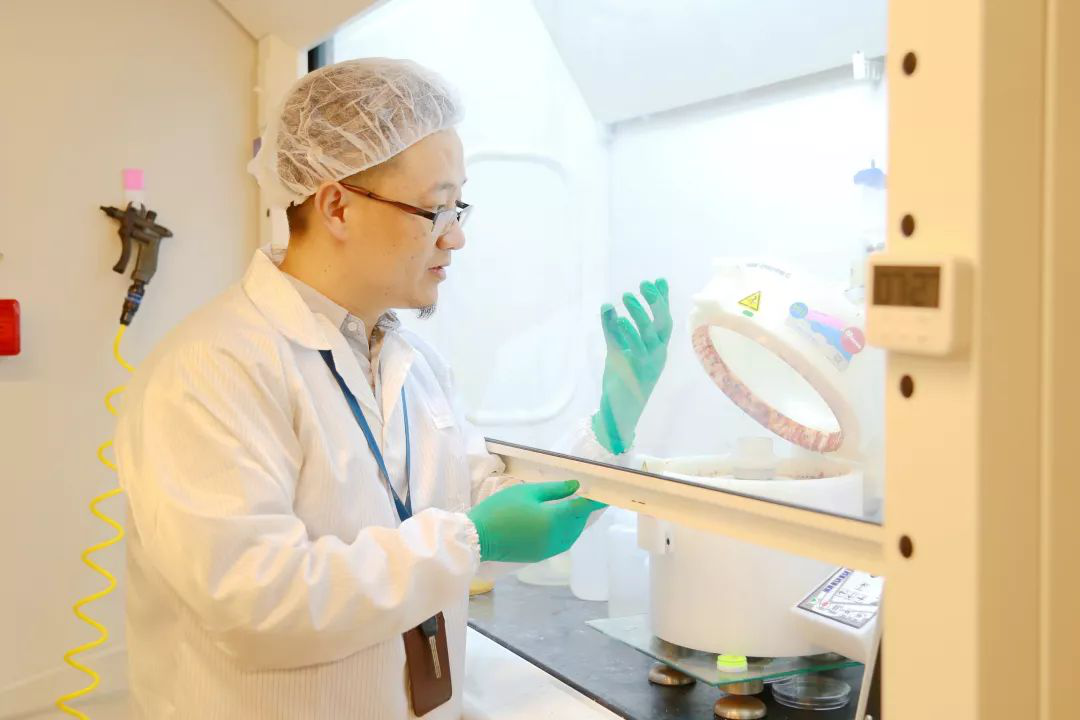
Antibiotics are considered to be a powerful weapon against bacterial infections, but due to drug abuse in recent years, more and more resistant bacteria have appeared, even "super bacteria" that can resist all clinical antibiotics. In addition, the rate of production of these drug-resistant bacteria is much higher than the rate of new drug development for antibiotics. At the Shenzhen Institutes of Advanced Technology, Chinese Academy of Sciences, there is a synthetic biology research team that is looking for a new "buster" for super bacteria.
Shuqiang Huang, a professor at the Institute of Synthetic Biology, SIAT, is one of the core members of the team. They focus on the generation and spread of bacterial drug resistance mechanisms and try to modify or even artificially synthesize probiotics and phages to assist or partially replace antibiotics. To treat drug-resistant bacterial infections, "we hope to re-synthesize and produce phages in the same way as producing antibiotics by means of transformation or even total synthesis."


In the current research, Shuqiang Huang's team is using microfluidics as a technology platform to try to answer many scientific questions related to bacterial resistance from different scales of single cells, simple communities and complex communities, and combine with the transformation and synthesis of probiotics and bacteriophages to study the resistance strategy.
In the synthetic biology team of SIAT, there are also many "cross-border masters" like Shuqiang Huang. "We have professors with backgrounds in microbiology, genomics, proteomics, biomaterials, and bioinformatics. We can achieve complementary advantages and jointly complete the ‘big puzzle’ of synthetic biology. "Shuqiang Huang said.
